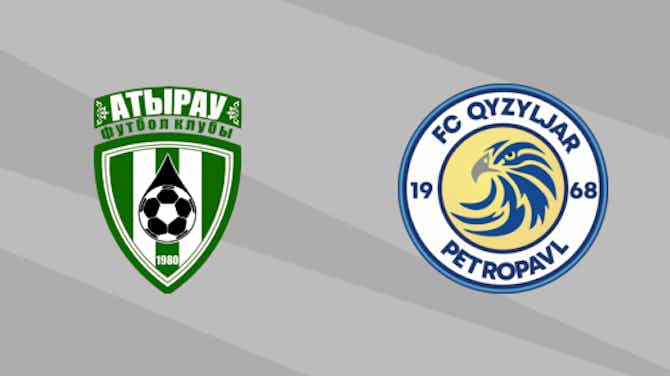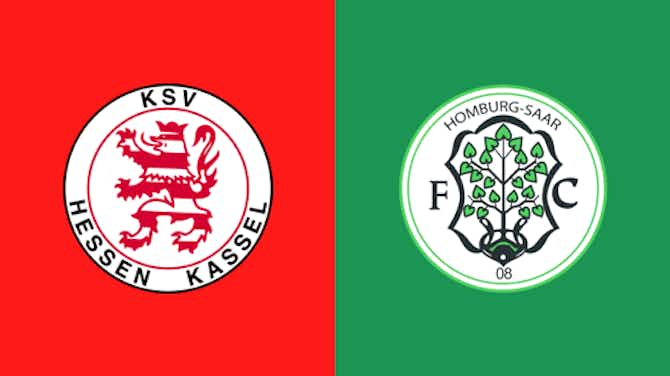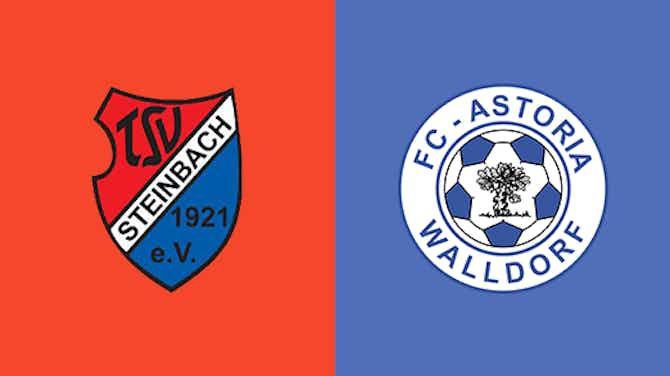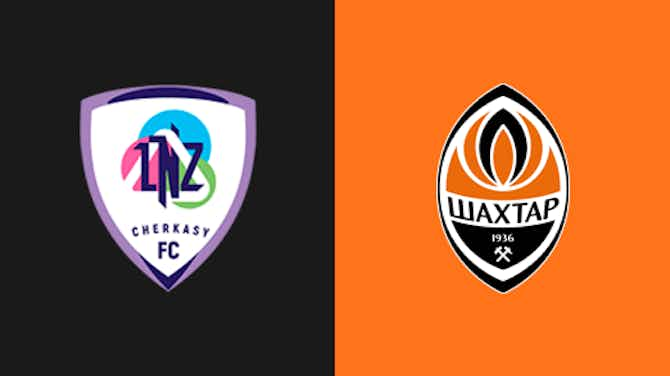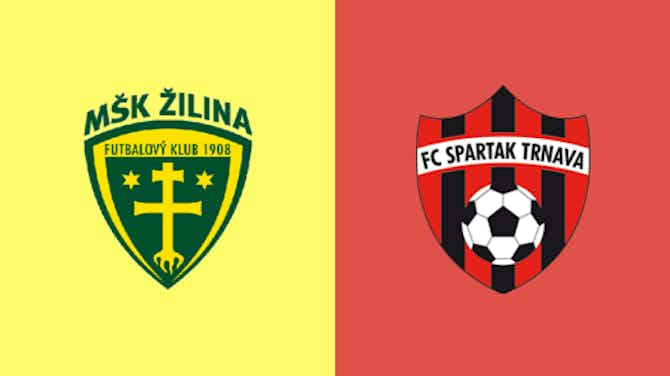The Football Faithful
·8 August 2020
In Defense of the Dinosaur: Analysing Jose Mourinho at Spurs
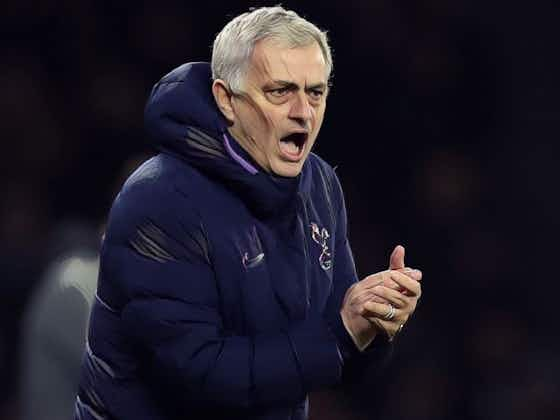
The Football Faithful
·8 August 2020

Jose Mourinho is a dead man walking at Tottenham Hotspur. That’s what general football opinion would have you believe, at least. Most have cast the Portuguese manager as a fallen angel in a game that has moved beyond him, someone whose reactiveness and abrasiveness produces dour football on the pitch and destabilizes clubs off it. Nine months in, Mourinho and Spurs are a marriage that’s already been condemned to certain failure.
Such nihilism typifies the divisiveness with which Mourinho is discussed. It seems that the spectrum of the discourse surrounding him exists solely at two poles, one saturated in pejoratives and the other laden with cultish devotion. He’s either the best manager in the world or a dinosaur, and seemingly no amount of nuance can temper those two positions.
In the short term, it’s certainly difficult to criticize Mourinho all that much. Only Liverpool, Manchester City, and Manchester United have taken more points than Spurs since he took over, and their 45 goals from his 26 matches is a good base for a team who have been misfiring and missed their best striker for an extended period of time. Given the position Tottenham were in when he took over, few could argue that the 57-year-old manager could have done much better.
More legitimate concerns arise when considering Mourinho’s prospects for sustained success. His characteristic splurges in the transfer market are a structural impossibility at Spurs. His falling out with Tanguy Ndombele is potentially a further indication of his inability to maximize the abilities of talented footballers like he once could. He has inherited a squad with clear deficiencies and is competing against teams with far greater resources and talent. Yet these impediments are rarely if ever considered within the context of the advantages Mourinho has at Tottenham.
Tactically, Spurs’ squad is well-suited to Mourinho’s approach. His preferred 4-2-3-1 setup is familiar to most of the players, while favoured player profiles – a physically dominant striker, a creative attacking midfielder, energetic wingers, and fullbacks of differing strengths – are also present throughout the team. Mourinho also has midfielders and attackers of differing abilities, which will better allow him to make adjustments to the team’s approach to counter specific opposition threats.
Those who have watched recent Spurs games may though question the claim that Mourinho suits Spurs tactically. While they have improved defensively, Tottenham often seem quite ponderous in possession and struggle to penetrate deep defensive blocks. The north London outfit seem at their best when they are hitting teams on the break or attacking directly with long balls and crosses, an approach that according to general wisdom, is ineffective in the age of “modern” football.
It’s a strange belief to hold, perhaps reflective of a recency bias after Manchester City’s success. Aside from Pep Guardiola’s side, the teams who have won the Premier League recently all rely heavily upon long balls, crosses, and counter-attacks.
This season, Liverpool played significantly more long balls and crosses than other top-six teams and were in the range of teams like Burnley, Newcastle, and Sheffield United for these metrics. Direct football is not inherently ineffective; and with defenders capable of accurate long-passing such as Toby Alderweireld, an aerially dominant striker in Harry Kane, and players with intelligent off the ball movement such as Dele Alli and Heung Min-Son, Spurs are seemingly capable of executing a direct style of attacking with reasonable success.
It’s also worth pointing out that when Mourinho first arrived at Tottenham, he adopted a relatively innovative and effective attacking structure that saw Spurs morph from a 4-2-3-1 to a 3-2-4-1 in possession. With more time to work on this structure so it doesn’t compromise Spurs defensively, the Portuguese coach will presumably return to it and potentially improve Tottenham’s attacking performance. He may never produce the swashbuckling football of the Pochettino era, but he could give this team a relatively successful tactical identity.
But tactics only matter so much. Adhering to Julian Nagelsmann’s claim that football management is only 30% tactics and 70% social competence, Mourinho’s success at Spurs will hinge on his ability to both develop players individually and instil a collective mentality in the squad. It is here where Mourinho is most derided. His tenuous relationship with talented players like Paul Pogba and Anthony Martial are utilized to demonstrate the vices of his man-management. Tanguy Ndombele seems like the next episode in Mourinho’s saga of falling out with supremely gifted players who don’t respond well to his managerial approach.
But there’s another saga that runs concurrently to the one that dominates the headlines. For every Martial or Pogba, there’s a Jesse Lingard or Marouane Fellaini – a player whose performances were raised to a level beyond their perceived talent under Mourinho’s guidance. That aspect of his man-management is routinely overlooked, but it’s the type of leadership that can be invaluable. There is validity in the argument that you want your manager to be able to get the most from their most talented players, not their limited ones. At United, Mourinho certainly struggled to do that. But at Tottenham, he could be more successful on that front, for he is at a club that is much more conducive to his siege-mentality approach to management.
The first half of his career was defined by an underdog narrative. His Champions League glory at Porto is the most unprecedented European triumph of the century. He won Chelsea their first league title in decades. He won Inter their first Champions League in 45 years. Those achievements were done against the odds, and that allowed Mourinho to create a specific type of us versus them environment at his clubs.
But when you’re at Real Madrid, or Chelsea after they’ve become one of the biggest clubs in the world, or Manchester United, that mystique disappears. It’s not just impossible to be an underdog for these clubs, it’s undesirable. Players for clubs of that stature are not prepared to assume that role, creating an underlying tension between the players and Mourinho that usually manifests in ugly ways.
Tottenham are different in this respect. They don’t have the same prestige and institutional arrogance that comes from being a big club. Based on finance and perception, Spurs are underdogs. How much that environment will help Mourinho remains to be seen, but it warrants attention. He is entering a club with a markedly different culture to his recent jobs, and that could serve him well in creating the sort of atmosphere that could extract a higher level of performance from his players.
There are no guarantees in football, and Mourinho succeeding at Tottenham is far from one. Equally dubious, though, is the claim that he is doomed for failure. If we step outside of the polarized discourse that surrounds him, the vague cliches about how he’s a born winner™ or claims that he is behind the times, we see that Mourinho can bring something valuable to the club.
He may not yield a Premier League or a Champions League, but that’s probably not a realistic aim for Tottenham at this point in their trajectory. He can do reasonably well at Spurs, and whether you agree with that or not, it’s high time that we can make such a claim – one that straddles in the grey between the black and white extremes of English football’s perception of Mourinho.


Live




Live


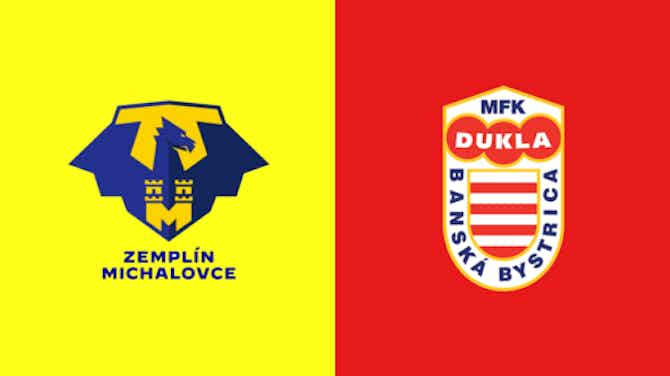

Live




















